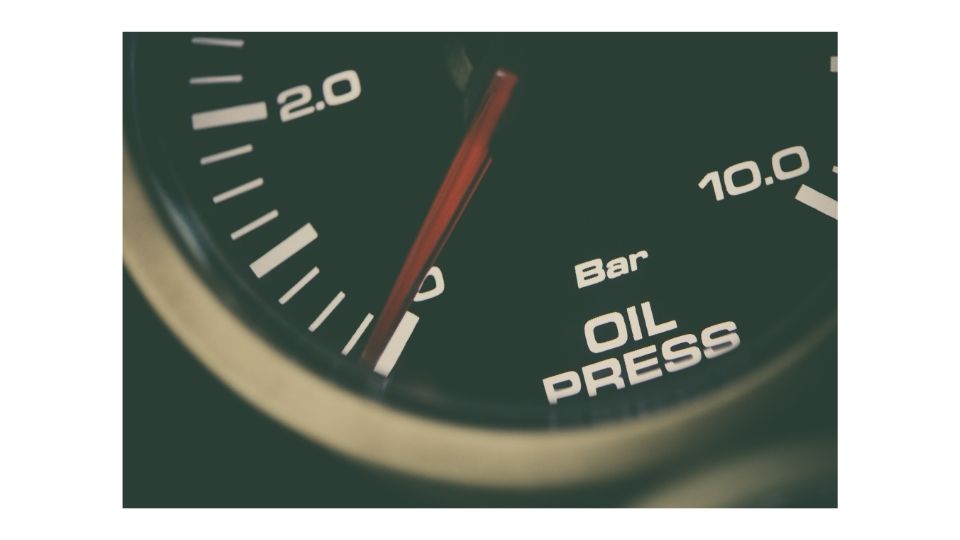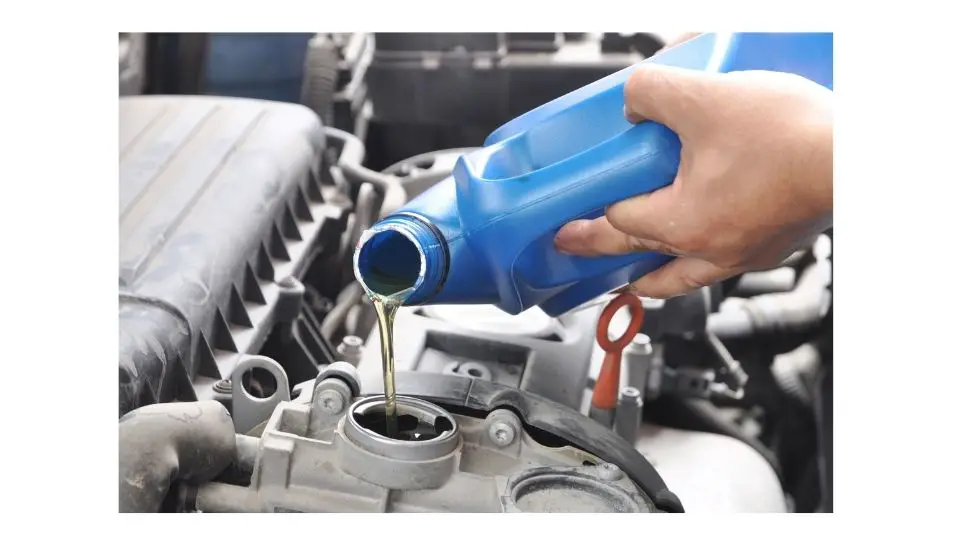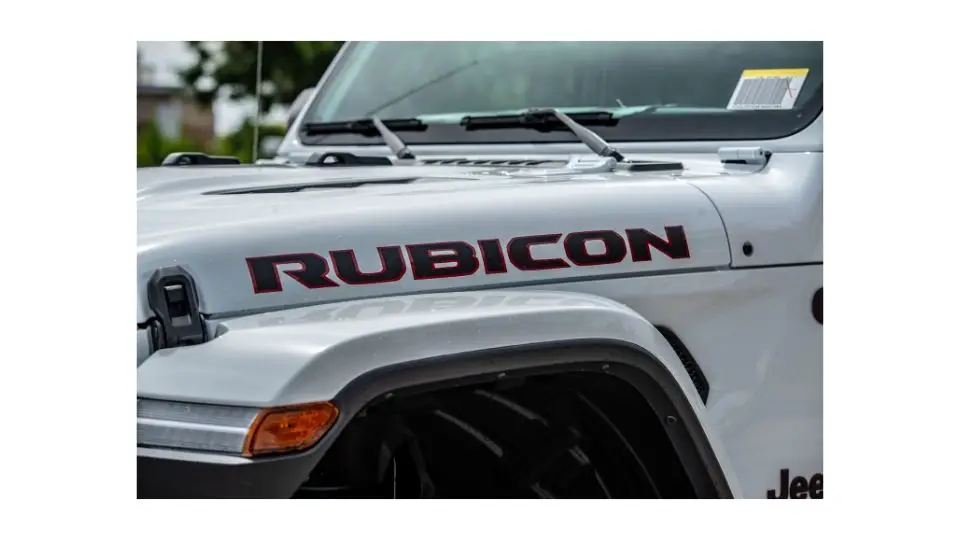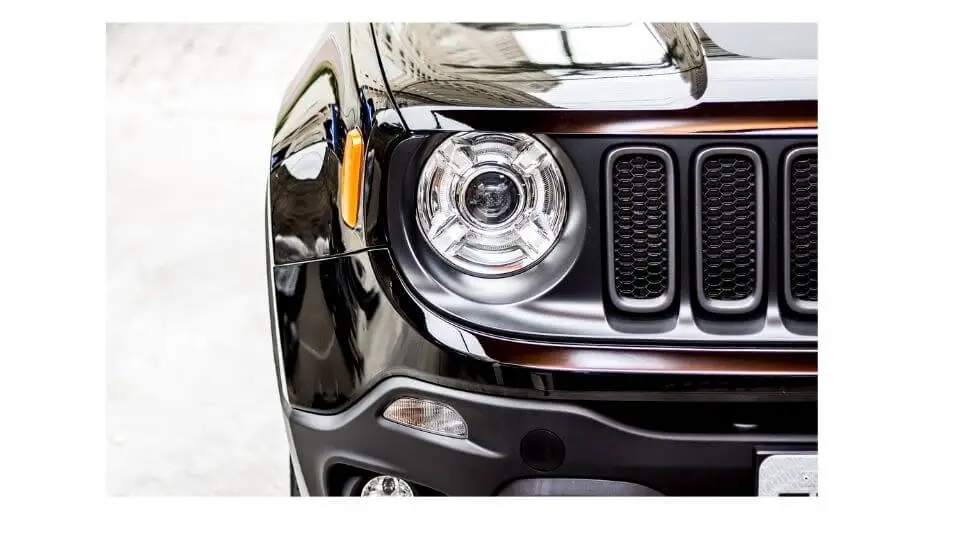Jeep is known to make incredibly great engines that produce a good amount of power, torque while being fuel-efficient. We all know everything has positives and negatives with no exception to the Jeep Renegade.
Jeep Renegade owners have reported that their vehicles burn through oil at abnormally high rates. In this article, we are going to look at why this is and if anything can be done about it.
It is now a common occurrence for Jeep Renegades to exhibit an abnormally high consumption level of oil. They are known to burn up around 1 quart of oil for every 1000 miles. When owners took their Renegades to the dealership, they were told that these consumption levels were, in actual fact, normal.
In short, the Jeep Renegade burns oil because it is a brand new vehicle. the fact that it burns oil after only a short period of time (usually 5000 miles) means that the engine has not got used to burning oil and still needs to be adjusted. other factors like worn valve stem seals and piston can also play a role.
Why Is My Jeep Renegade Burning So Much Oil?
You’re not alone in asking this question as it is a common one among Jeep Renegade owners. The problem has persisted since 2015 and has not been resolved to date.
Though the company has known about it, they have pinned the blame on the owners perhaps as a way of avoiding a costly recall. The problem seems to stem from a faulty engine.
The Renegade along with other Fiat Chrysler vehicles use the 2.4L Tiger Shark engine and all of them have reported the same problem. Dealerships initially told owners that the problem was due to a software problem which would be rectified after a reset but the problem would happen again a few months later.
It didn’t take long for people to put two and two together and discover that Fiat Chrysler vehicles sporting the 2.4L Tiger Shark engine had the same high oil burning problem. The engine has a 5.5 quarts capacity and when it goes below 3.5 quarts, the engine stalls.
The problem was discovered to be faulty control rings that allowed oil to go past the combustion chamber. The problem in the Renegade is that this problem snuck up and caught drivers unawares because there would be no warning light on the dash and the car would stall at the most inappropriate times putting lives at risk.
To avoid having this problem, the only way is to keep monitoring your oil levels anytime you fuel up to make sure that the levels remain above 3.5 quarts at any given time. This is far from convenient but seems to be the only way to get around this issue.
Other Possible Causes
Wear and Tear due to Age of the vehicle:
Jeep Renegades are designed to last for a long time and some of them last beyond the price of their replacement. However, it is not uncommon to see renegades breaking down after x miles and burning oil.
Worn Valves Stem Seals:
This is a common problem that people experience when their vehicles have worn the valves. The seals that are responsible for stopping oil from leaking and replacing them are expensive, however, it is worth it because if they leak oil, you will have to change the engine soon.
Piston Rings Failure:
When your piston rings fail, they will start to lose compression and the engine will start to leak. You will notice an increase in oil consumption and a decrease in performance.
When your oil pressure switch fails, it will send false signals to the PCM (powertrain control module), which will increase the oil consumption.
The Nature of the Engine:
Jeep renegades engines are well designed and great, however, just like any other engine, it does have its own upsides like fuel economy and power, its downsides like chronic oil consumption.
When Does this Problem Usually Occur?
This issue is common in both brand new Renegades as well older ones. It has been known to occur a mere 2 months after the purchase of a brand new Renegade.
A common trait of stalling though is that happens when making sharp turns, accelerating and while idling in traffic. In other reported cases, drivers have noted the low oil pressure light going on when turning but then switching off again.
If this happens, take it as a warning sign and check your oil levels immediately. This problem has persisted from 2015 to date and the company hasn’t done anything about it and have allowed owners to bear the cost of this problem.
When oil levels drop to dangerous levels, it leads to faster wear and tear in the vehicle as the parts that need lubrication do not receive it. This means that the owner will be facing a potentially big repair bill down the line and usually, by that point, the vehicle will be past warranty.
Several class-action lawsuits have been filed because the company allowed owners to pay for a faulty engine as well as risk their lives driving defective vehicles instead of recalling them which would have cost them a lot of money. Some of these lawsuits have been won in several areas. You can Google to establish if this is the case in your area and possibly get some form of compensation.





